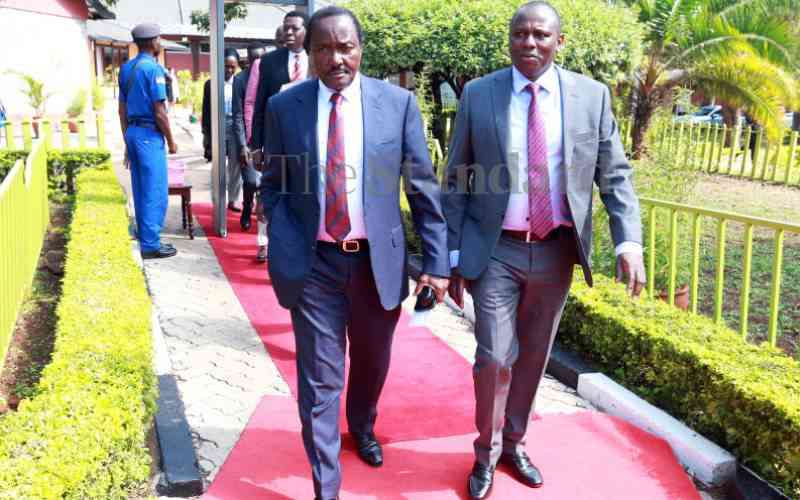×
The Standard e-Paper
Home To Bold Columnists

The ongoing bipartisan talks between the government and the members of the Opposition face yet another hurdle after three petitioners moved to court challenging it.
In a move similar to what befell the Building Bridges Initiative (BBI), the three have moved to the High Court in Nairobi seeking its intervention in the ongoing talks.